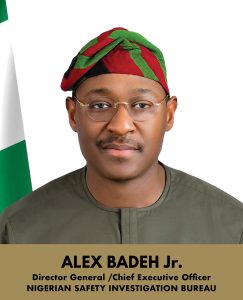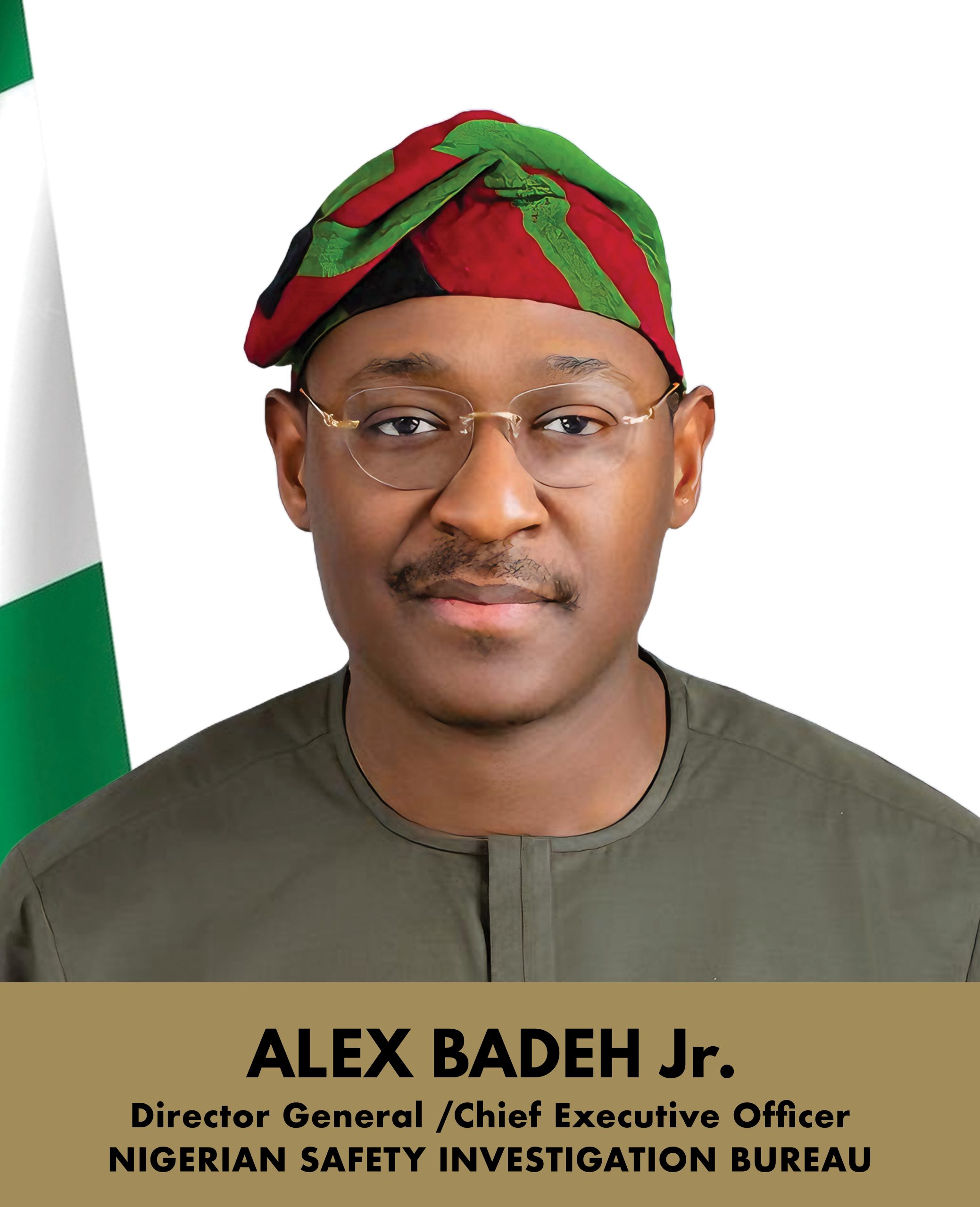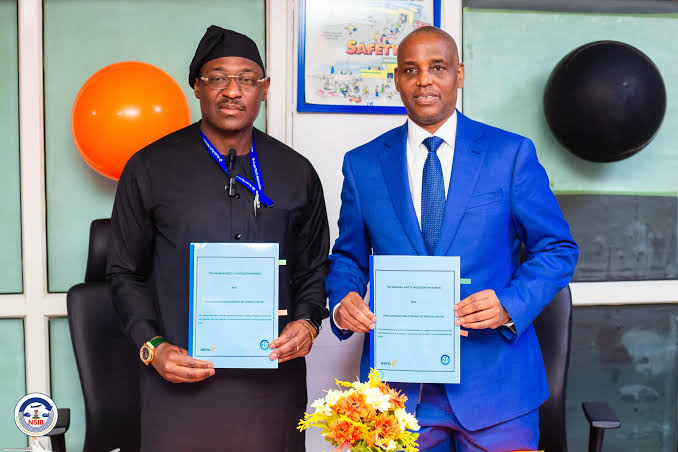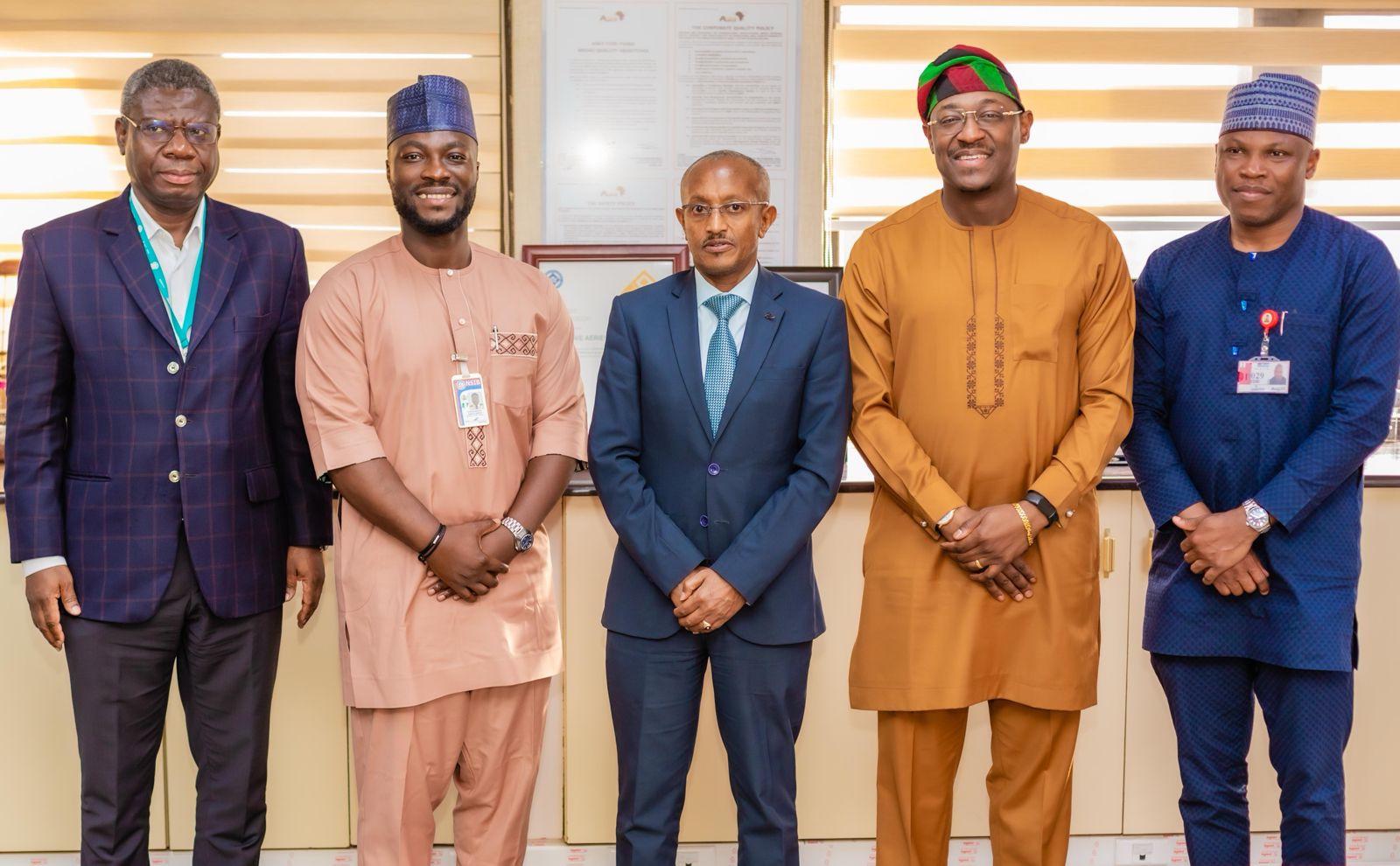
The rail, maritime and road subsectors of the Nigerian transport industry have been exposed to accident vulnerability for several years and most accidents that happened in these modes of transportation were not investigated in detail, only casualty figures were usually recorded.
But this has changed since the emergence of the Nigerian Safety Investigation Bureau (NSIB), which is providing multimodal investigation services encompassing air, rail, maritime and road transport after its establishment with the NSIB Act 2022.
With full embrace by the transport sector, it is hoped that accidents will drastically reduce and safety will improve with all pre-emptive measures that will be put in place because the major duty of the Bureau is to prevent accidents.
For this major objective to be actualised, it is expected that the Nigerian Maritime Administration and Safety Agency (NIMASA), the Nigeria Railway Corporation (NRC) will fully work with NSIB, just as the air travel industry is working with the agency in fulfilment of mandate given NSIB by the federal government.
For example, NIMASA working fully with NSIB will enable Nigeria to operate the procedure and policy requirements of the International Maritime Organisation (IMO), which takes cognizance of accident investigation body of every country as part of the regulation guiding the maritime sector.
In a recent media chat with journalists, the Director-General of NSIB, Capt. Alex Badeh Jnr, said that it was critical for Nigeria to comply with the international standards in all the modes of transportation in the country because it would bolster stakeholders’ confidence in Nigeria’s system, increase its ratings in the comity of nations and accident reoccurrence with be significantly prevented through the recommendations of NSIB safety reports.
What this means is that all modes of transport will be under the surveillance of NSIB and if accident happens in any subsector, the agency will comprehensively investigate it to know the root and immediate causes and at the end issue recommendation, which if implemented will prevent similar accident from happening in future.
In a recent media chat with journalists, the Director-General of NSIB, Capt. Alex Badeh Jnr, said that it was critical for Nigeria to comply with the international standards in all the modes of transportation in the country because it would bolster stakeholders’ confidence in Nigeria’s system, increase its ratings in the comity of nations and accident reoccurrence with be significantly prevented through the recommendations of NSIB safety reports.
What this means is that all modes of transport will be under the surveillance of NSIB and if accident happens in any subsector, the agency will comprehensively investigate it to know the root and immediate causes and at the end issue recommendation, which if implemented will prevent similar accident from happening in future.
“Also, we are not doing this on our own, we work with the IMO to do this. We are recognised by the IMO and once we stabilise and all that, there will be more information to us by the IMO and other recognised bodies,” Badeh said.
Badeh explained further that the bureau was on the verge of engaging investigators in the rail and maritime sectors for effective investigation of occurrences in those modes of transportation, assuring that some professionals would come on-board by September and October this year to beef up its operations.
He expressed optimism that the NSIB was up to the task of conducting seamless investigation in the maritime sector, stressing that the bureau already had an agreement with the Nigerian Navy in carrying out this exercise, regretting that the bureau only gets information about most occurrences in the inland waterways from the media and agreed that there was a gap in the relationship between NIMASA and NISB.
The NSIB Director-General emphasised that as government organisations funded with taxpayers’ money, NIMASA and NSIB were supposed to work as a team, but lamented that bureaucracy was interfering with safety in the maritime industry.
It is in fulfilment of the NSIB act that the agency unveiled the three draft regulations aimed at establishing an integrated safety framework for Nigeria’s rail, maritime and aviation sectors.
The move, it hinted, is aimed at harmonising safety standards and enhancing collaborative investigation protocols across all modes of transportation.
The first of the drafts, he noted, is the Railway (Investigation of Accidents and Incidents) Regulations, which propose a structured methodology for probing rail accidents and near-misses.
This, he said, outlines robust procedures for evidence-based investigations, ensuring that every incident is thoroughly analysed with the aim of producing actionable safety recommendations.
Badeh stated that the Nigerian Railway Corporation (NRC) and Nigeria Inland Waterways Authority (NIWA) were willing to collaborate with the NSIB and expressed optimism that the bureau would also get NIMASA on-board.






